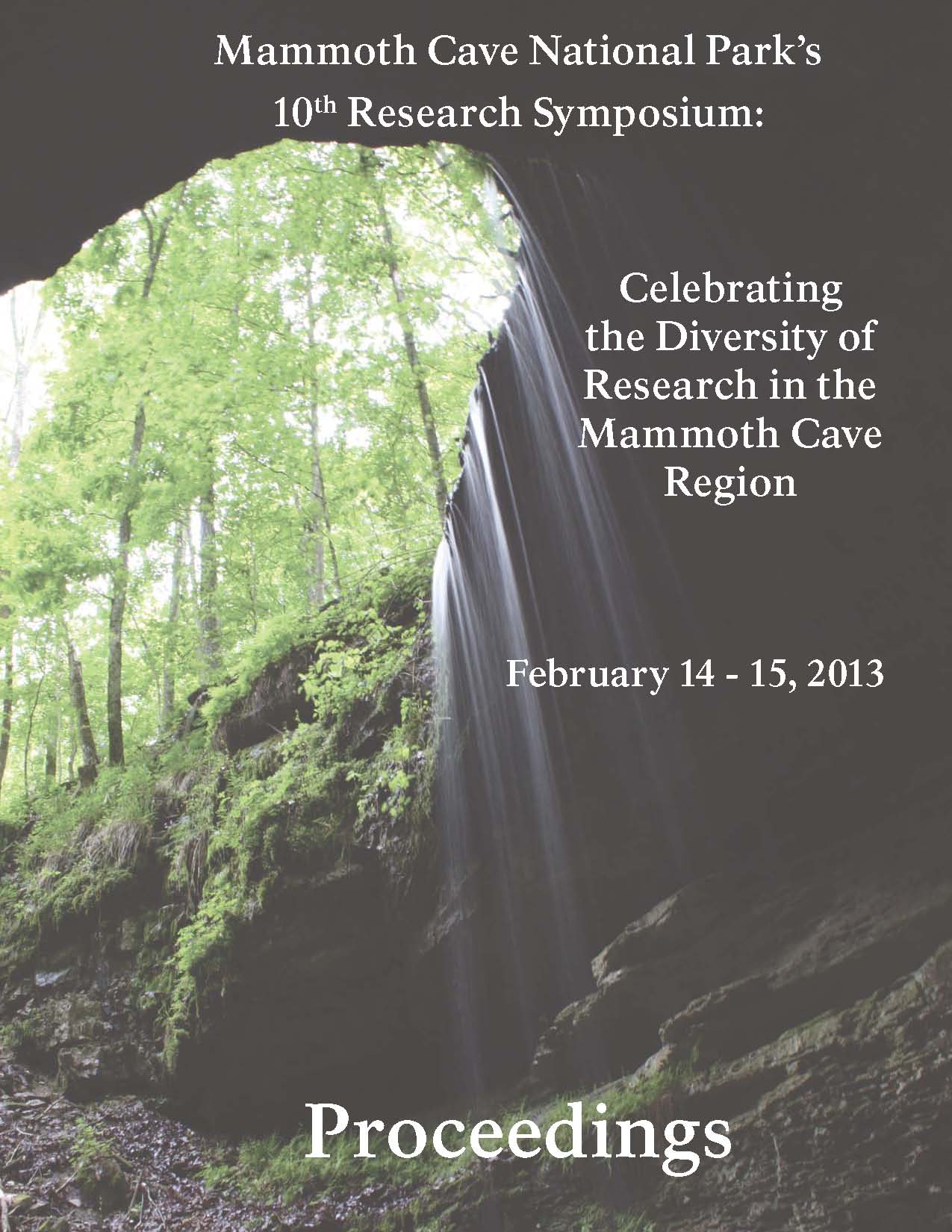Start Date
15-2-2013 2:50 PM
Description
Mammoth Cave in Central Kentucky is the world’s longest cave system and has been designated an international biosphere. It has unique organisms that live in the cave system and they are dependant upon high quality water supplied through rain recharge. We have documented quaternary ammonia compounds (QAC) levels ranging from 0.2 to 22 mg/L in storm fl ow, as well as, other chemicals coming from the RV waste-transfer station. The objective of this project was to re-design the drain system around the dump station to prevent spillage from washing down into the cave. The first design feature is a v-trench to catch storm runoff and redirect it into the sanitary sewer. The second feature is a gently elevated barrier that will impede the fl ow of runoff from the impacted area. The designs presented in this paper incorporate both features.
Recommended Citation
Solomon, David; McMillian, Sean; West, Ashley; and Sharpe, Lonnie, "Improvements to the RV Waste-transfer Station Design to Reduce Contaminated Storm Runoff" (2013). Mammoth Cave Research Symposia. 22.
https://digitalcommons.wku.edu/mc_reserch_symp/10th_Research_Symposium_2013/Research_Posters/22
Included in
Animal Sciences Commons, Forest Sciences Commons, Geology Commons, Hydrology Commons, Other Earth Sciences Commons, Plant Sciences Commons
Improvements to the RV Waste-transfer Station Design to Reduce Contaminated Storm Runoff
Mammoth Cave in Central Kentucky is the world’s longest cave system and has been designated an international biosphere. It has unique organisms that live in the cave system and they are dependant upon high quality water supplied through rain recharge. We have documented quaternary ammonia compounds (QAC) levels ranging from 0.2 to 22 mg/L in storm fl ow, as well as, other chemicals coming from the RV waste-transfer station. The objective of this project was to re-design the drain system around the dump station to prevent spillage from washing down into the cave. The first design feature is a v-trench to catch storm runoff and redirect it into the sanitary sewer. The second feature is a gently elevated barrier that will impede the fl ow of runoff from the impacted area. The designs presented in this paper incorporate both features.

